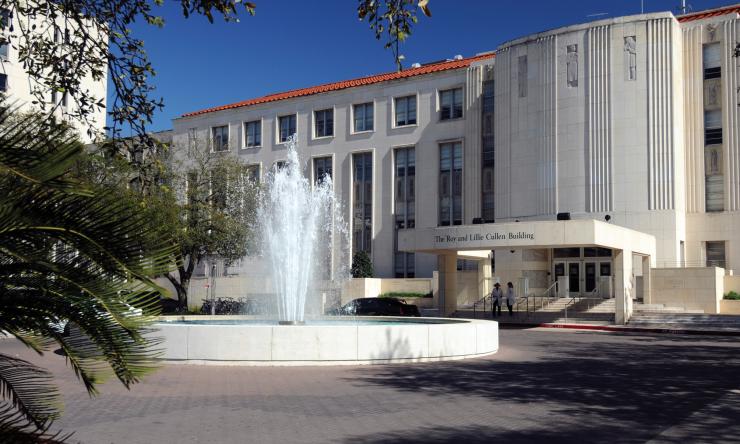Baylor receives NIH funding for center to model rare genetic diseases
Baylor College of Medicine has received a five-year, $9.94 million grant from the National Institutes of Health for the new Center for Precision Medicine Models to facilitate the study of rare genetic diseases. The center will use precision animal models of a patient’s or group of patients’ specific genetic variation and study why the change causes disease and how the disease can be treated.
Clinical exome sequencing and whole genome sequencing have led to major advances in diagnosing patients with suspected genetic disease. However, the clinical significance of those genetic variants often remains unclear.
“Our center is connecting the dots between discovery of a change in your genetics and how to treat the associated disease. We may be able to find therapies or lifestyle interventions that can help people manage their disease and improve quality of life,” said Dr. Jason Heaney, lead principal Investigator of the center and associate professor of molecular and human genetics at Baylor.
The center will take nominations for genetic variants to model from patients, patient groups, clinicians, researchers, and NIH-funded consortiums like the Undiagnosed Diseases Network and the Centers for Mendelian Genomics. An accepted disease-causing genetic variant must previously be identified in order to be considered for modeling.
After a case is submitted, the center’s clinical and bioinformatics teams will independently assess the genetic variant for likelihood of causing disease. Next, the modeling team will decide if a precision model organism can be produced for that particular genetic change and whether appropriate resources are available within the center to study the disease. A final decision about whether to select the case will be made based on likely clinical benefit to the patient.
“Everything that we plan to do has the overall goal of benefitting the individual with a rare disease in the clinic,” Heaney said. “If we can find a therapeutic that makes a tremendous payoff for even just one patient, we will do it.”
Although the entire process may take a couple of years to complete, researchers will collaborate with clinicians and patients throughout the process to optimize models and return findings for integration into clinical care or possible clinical trials. The center also aims to provide pre-clinical research data for pharmaceutical companies developing therapeutics for rare diseases.
“The award recognizes the department and institution’s world-wide leadership in personalized genomic medicine,” said Dr. Brendan Lee, co-principal investigator of the center and chair of the Department of Molecular and Human Genetics, Robert and Janice McNair Endowed Chair and Professor of Molecular and Human Genetics and director of the Center for Skeletal Medicine and Biology at Baylor.
“The traditional ‘bedside-to-bench’ genetics paradigm has recently become challenged by the high volume of genetic variants revealed by clinical genome sequencing. The center will help alleviate the variant interpretation bottleneck, accelerate discovery, and bring the benefit back to the patient.” said Dr. Aleksandar Milosavljevic, co-principal investigator of the center, the Henry and Emma Meyer Professor in Molecular and Human Genetics and director of the program in quantitative and computational biosciences at Baylor.
Heaney, Lee and Milosavljevic are also members of the Dan L Duncan Comprehensive Cancer Center at Baylor. Other Baylor faculty members working with the center include Drs. Lindsay Burrage, David Murdock, Sandesh Nagamani, Jennifer Posey, Hugo Bellen, Michael Wangler, Jeff Rogers, Mary Dickinson, Matthew Roth, Zhandong Liu, Neil Hanchard, Uma Ramamurthy, John Seavitt and Shinya Yamamoto and Jill Mokry.
This center is funded by National Institutes of Health Grant U54 OD030165.
To learn more about the center and to nominate a variant for precision modeling, visit the center's web page.










